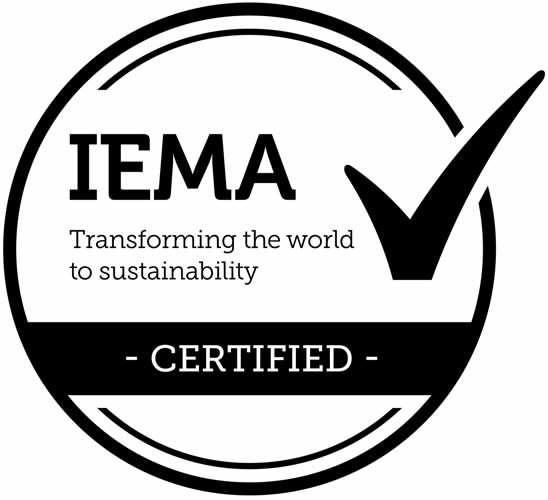Advancing Together - An Invitation for Systemic Collaboration
School of Engineering and Innovation PhD student Houda Khayame recently presented preliminary findings from her case study research “Exploring systemic governance in UK rivers: The ‘wicked’ situation of bathing water designation” at the 69th Annual Meeting of the International Society for the Systems Sciences in Birmingham (11th – 15th July 2025).
Applying the Applied Systems Thinking in Practice’s group tradition of systemic inquiry, Houda revealed failing attempts at governance innovation to improve water quality in UK rivers, and discussed how practitioners’ understandings of the purpose and institutional arrangements of bathing water regulations affect their governing practices. She also examined applications of systems thinking in governance and explained desirable, feasible, and ethical changes from her participants’ perspectives to improve the ‘wicked’ situation of their designated river.
Key findings indicate blurred boundaries between ‘collaborating’ and ‘countering, opposing, conflicting…’ and institutional dynamics hindering diverse stakeholders to ‘advance together’ after ‘engaging together’.
Houda closed her intervention with a call for further inquiry to explore opportunities and constraints to systematically address the political and ethical dimensions of ‘systems to collaborate’ in order to enable not only collaborating but also advancing together in an Anthropocene world.
Houda’s conference abstract can be read below.
Exploring Systemic Governance in UK Rivers
The UK has over 600 designated sites with bathing water status, mostly coastal, since the Bathing Water Regulations were established in 2013 to transpose the EU Bathing Water Directive (BWD). The BWD aims to protect human health by complementing the EU Water Framework Directive to improve the water environment. In December 2020, following a community campaign, a stretch of the River Wharfe in Ilkley, West Yorkshire, was the first inland water body to be designated as a bathing water. This event triggered other community movements for bathing designations fostered by renewed interest in wild swimming. These movements can be seen as an attempt at systemic collaboration to advance bathing water designations for purposeful governance of rivers. But rivers and river governance remain contested spaces. This research aims to understand how, and why, in an Anthropocene context, chosen institutions and practices may be more (or less) systemic in governing social-ecological dimensions of rivers with bathing water status. In so doing, the research explores the extent to which and how governance structures adapt to complexity, foster collaboration, and drive systemic change.
We use a systemic inquiry drawing on “systemic governance” interpreted as “institutional designs and governance praxes enacting feedback processes so that actions can be taken that affect the quality of the relationship between social and biophysical systems”. We bring forth the Wolvercote Mill Stream, the second designated river area in the UK, as a system of interest for case study research informed by first and second-order systems approaches. Qualitative methods are used for data collection. Systematic coding and diagramming techniques support rigour, validity and reliability of iterative analyses. Insights from the literature review and primary data are braided to answer three questions: 1) To what extent do practitioners’ understanding of the purpose and institutional arrangements of bathing water regulations affect their governing praxis? 2) To what extent, why, and how do practitioners of governance use systems thinking in their situated praxes? 3) What changes do practitioners of governance see as being desirable, feasible and ethical to institutionalise?
Preliminary results reveal a ‘wicked’ situation characterised by known and unknown variables interacting dynamically, multiple stakeholders engaging with conflicting perspectives, and social relationships imbued with power dynamics. A tension exists between a river bathing water designation system and a system to enable swimming in designated rivers. Contradicting purposes and institutional arrangements arise, but with many practitioners involved in both systems (community members, environmental activists, policymakers, scientists and the water company). Emotions of confusion are manifested in praxes of governance informed by choices of engaging in political confrontation and accommodating divergent interests. In addition to first-order exploration of an Anthropocene institution (bathing water designation), second-order and critical systems thinking illuminate praxes to promote bathing waters disconnected from praxes to improve a whole river biosphere. By making sense of ‘why’ practitioners of governance do what they do the paper sheds light on the possibilities for systemic reframing of governance, and collaboration in the Anthropocene.





